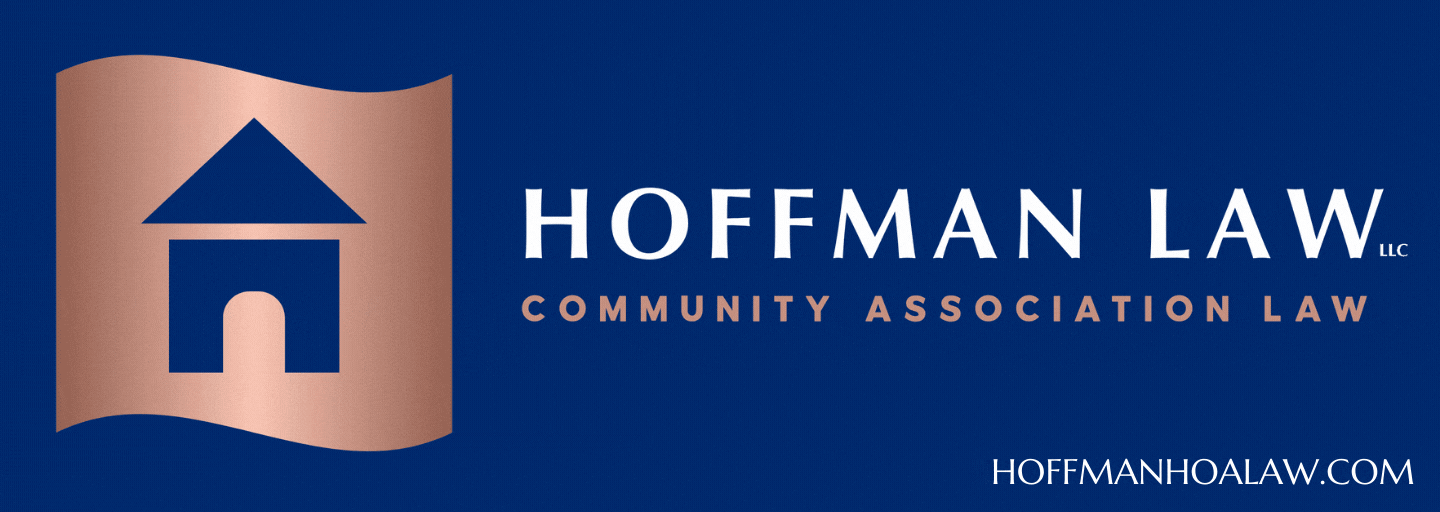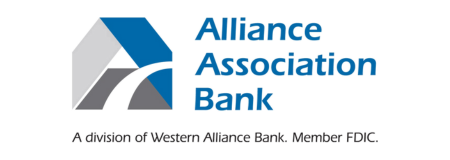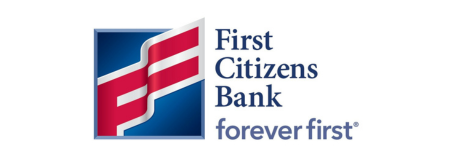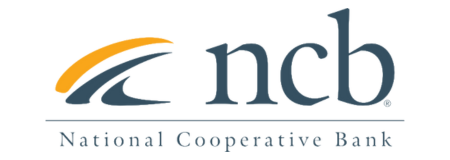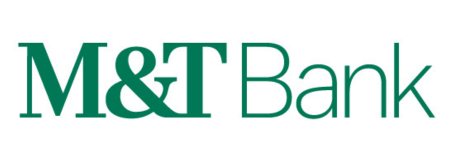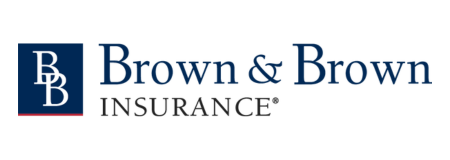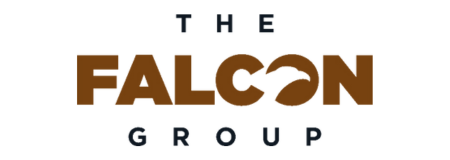Sometimes moving the ball downfield takes a bit of time when the ball represents bills awaiting action in the state legislature.
At a hearing of the Pennsylvania House Local Government Committee on September 25, 2024, two bills were reported out of committee to the full House of Representatives that have been longstanding issues facing community associations in the Commonwealth.
Solar Panels
Back in 2009, legislation was introduced that would have prohibited community associations from banning the installation of solar panels. The bill was poorly written and the CAI Pennsylvania Legislative Action Committee (LAC) voted to oppose the bill. The LAC also reached out the bill’s prime sponsor and proposed amendments that would improve the language, accomplish the objective of the legislation, and satisfy the LAC’s concerns with the bill. After negotiations, the prime sponsor accepted CAI’s amendments, and the bill was adopted by the full House in the Fall of 2010. The bill never saw a vote in the State Senate, and subsequently died at the end of session that year.
Similar legislation has been introduced in multiple legislative sessions since 2010 but never advanced through the legislature. Until now. House Bill 1759 was introduced in October 2023 and, as in 2010, the language was problematic. The LAC again offered amendments which would satisfy CAI’s concerns and the amendments were accepted by the prime sponsor. The Local Government Committee approved the bill, and the legislation is now before the full House for consideration. The legislation, as amended, would provide a comprehensive approach to the issue of solar panels in community associations in Pennsylvania. CAI’s amendments include the following provisions:
- Require that solar panels meet applicable health and safety standards and requirements imposed by state and local permitting authorities;
- Require that solar energy systems used to heat water are certified by the Solar Rating and Certification Corporation or other national recognized certification agency;
- Require that solar energy systems used to produce electricity meet all applicable safety and performance standards established by the National Electric Code, the Institute of Electrical and Electronics Engineers, accredited testing laboratories, such as Underwriters Laboratories, and applicable rules of agencies of the Commonwealth regarding safety and reliability;
- Require unit owners installing solar energy system to indemnify or reimburse the association or its members for loss or damage caused by the installation, maintenance, or use of the solar energy panels;
- Include other reasonable rules regarding the placement of solar energy systems so as to maintain the aesthetic qualities of the buildings and grounds of the community.
Community Association Data Transparency
House Bill 2240, introduced by Representative Tim Brennan on April 29, 2024, would create transparency in the availability of important data on the thousands of community associations in the Commonwealth.
This legislative proposal stems from a 2011 Pennsylvania Joint State Government Commission (JSGC) report (updated in 2022) titled “Common Interest Ownership Communities (CIOCs) in the Commonwealth of Pennsylvania” pursuant to House Resolution 350 of 2009. CIOCs are defined in Title 68 of the Pennsylvania Consolidated Statutes, Real and Personal Property, as Condominiums, Cooperatives and Planned Communities (also commonly referred to as homeowner associations). Recognizing the lack of transparent data on the estimated 7,000+ CIOC’s in Pennsylvania, the JSGC, in its report, recommended that the governing statute “should be amended to require County Planning Commissions track certain information on CIOCs, including their names, physical locations, land area, lot size, and number of units, presence of a mixed use development, infrastructure including sanitary sewer, water, and storm water systems, dedication of roadways including roads built to specifications, common infrastructure and recreation facilities, and articles of incorporation or other non-profit organization registration information filed with the Department of State.”
It is estimated that 1.3 million PA residents live in a CIOC and that roughly 80 percent of new housing starts since 2000 are in such communities. Yet, the actual number and location of these communities in Pennsylvania is, by and large, unknown. This legislation would remedy this critical lack of data and accomplish the JSGC policy recommendations. Counties would be required to maintain and make available upon request, information identifying CIOCs.
The legislation was first introduced ten years ago, and has never had a hearing or a vote in either chamber of the legislature, primarily due to opposition from county governments. To mitigate the minimal impact on county governments, CAI has, over the years, offered amendments to the original bill.
There are important public policy objectives for the legislature to consider in requiring the transparency of CIOC data, including the following public safety benefits:
- Mitigating public impact from the catastrophic failure of various types of infrastructure (a highlight of the JSGC study) such as private dams, bridges, and storm water management facilities, all of which pose a threat to life and property well outside the boundaries of a common interest community;
- Megan’s Law (§ 9799.27 Other notification) requires local police report the presence of certain sexually violent predators to neighbors, and further states “Where the sexually violent predator lives in a common interest community, the term “neighbor” includes the unit owners’ association and residents of the common interest community.” If the presence of a unit owners association is not known, compliance with this section is not possible;
- Finally, in a more specific case, the presence of a unit owners association was not initially known by state and federal law enforcement during the 2014 search in the Poconos for convicted cop killer Eric Frein. In the initial days of the search, which was concentrated near and within The Hamlet Property Owners Association in Canadensis, PA, law enforcement officers were trying to gain information about the presence of the association and nearby communities. The resulting cooperation between state police and management of The Hamlet aided the search efforts as well as the ability to communicate with residents of The Hamlet and other nearby private communities. Unfortunately, information on some smaller CIOCs in the area was not able to be obtained. This partnership underscores the real impact of readily available and transparent information on CIOCs throughout the Commonwealth.
CAI is pleased that this bill has finally had a chance to be heard. The bill was voted out of the House Local Government Committee and is now pending before the full House of Representatives.
CAI will continue to monitor the bill and report on any progress in the final months of the current legislative session.
Interested in helping to advance these, and other, legislative priorities that are important to community associations? Click here on how you can support the Pennsylvania Legislative Action Committee.






